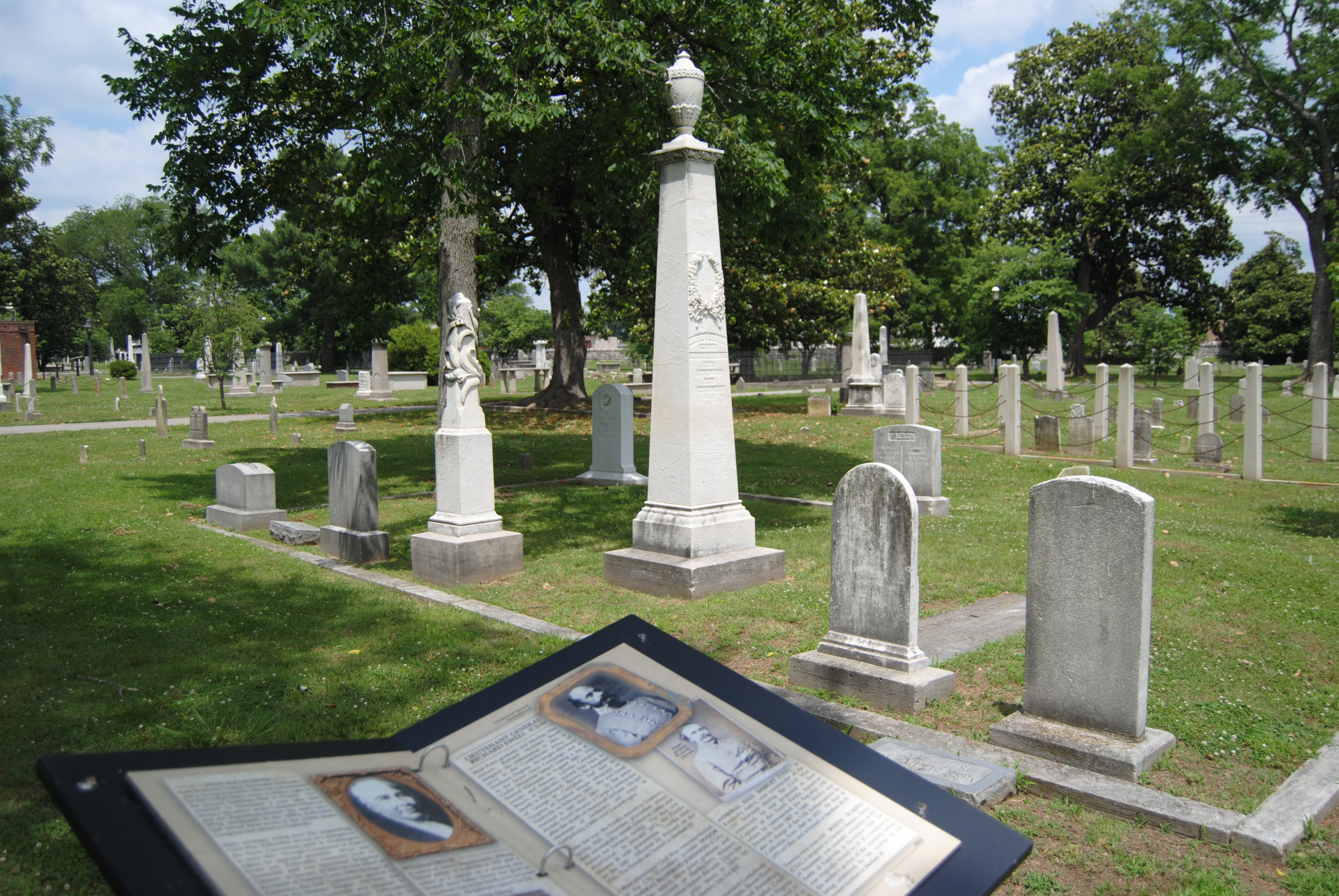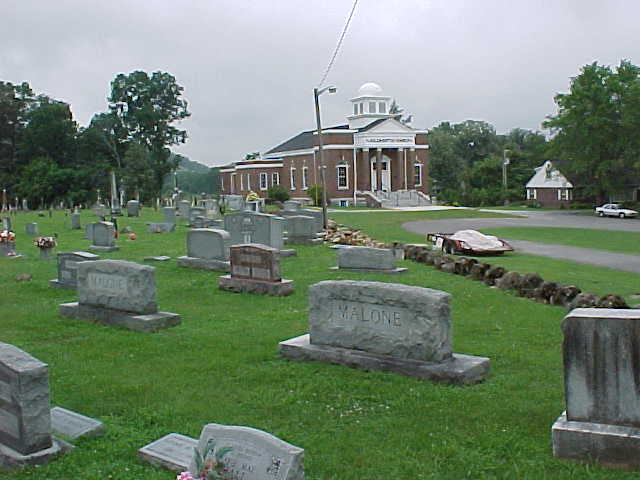Death and Taxes: Understanding 501(c)(13) Cemetery Companies

…But in this world nothing can be said to be certain, except death and taxes.
– Benjamin Franklin
Benjamin Franklin is credited with penning this idea in a letter he wrote in 1789, though there is some dispute as to whether the thought originated with him. No matter who thought of it first, the sentiment still rings true today. But, Congress has allowed some organizations to be exempt from tax, including, ironically, the 501(c)(13) cemetery company.
Specifically, the IRS calls a 501(c)(13) a nonprofit mutual cemetery company. The starkest definition is an organization chartered solely for the purpose of the disposal of human bodies by burial or cremation. More generally, the plot owners in such cemeteries are considered the members of the organization. In order to qualify under Section 501(c)(13), the Form 1024 application for tax-exempt status must indicate that the members fully intend to use their plots for bona fide burial purposes, and are not holding them for resale.
501(c)(13)s differ from for-profit cemetery companies in that they are for the private use of their members, though membership can be either narrow or broad. It is quite common, though not necessary, for these organizations to represent historic cemeteries, like these:
Dosoris Cemetery in family-only cemetery in Long Island, NY. Dosoris was profiled in an interesting New York Times article from a few years back. It is limited to descendants of Charles Pratt, one of the non-Rockefeller founders of the Standard Oil Company. The article makes a few serious errors regarding IRS regulations, but it is still a great read.

By contrast, a Foundation Group client, Salem Cemetery in rural Liberty, Tennessee isn’t limited to members of one family. The grounds of Salem spread across several acres of beautiful rolling meadow and provides a final resting place for members of the Liberty community going back many generations.
The IRS restricts 501(c)(13) income to be used for the following:
- To pay the ordinary and necessary expenses of operating, maintaining, and improving the cemetery or crematorium
- To buy cemetery property
- To create a fund that will provide a source of income for the perpetual care of the cemetery or a reasonable reserve for any ordinary or necessary purpose
While qualifying cemetery companies are allowed to provide for the upkeep of the cemetery or crematorium, as well as conducting actual burials and cremations, they are disallowed from running mortuary or funeral services. Interestingly, they are allowed to sell items that the IRS considers incidental to burial activities, such as monuments, markers, vaults, and flowers, so long as the sales are solely for use in the cemetery and that the profits from these sales are used to maintain the cemetery as a whole.
Also, as should be expected, private benefit (profit) to any individual or company is prohibited.
A 501(c)(13) is both nonprofit and tax-exempt, but it isn’t considered a charity in the strictest sense. However, another curious aspect to these organizations is that donations can be tax-deductible to the donor.
Some qualifying cemetery companies provide charitable services in the form of burials for paupers, but this element is not required in order for donors to receive credit. Because of this, it is quite common to see a 501(c)(13) be included as a beneficiary in someone’s will. As long as the gift is not intended for the upkeep of a specific grave or crypt, most donations will be treated identically to those given to a 501(c)(3).
We have had dozens of cemetery company clients over the years. Each one has been fascinating to work with and to learn about their history, what they’re seeking to preserve, and the mission they have to remember those who came before us.
who subscribe to our free, email newsletter. It’s information that will empower your nonprofit!
Comments (3)
Comments are closed.

new non-profit perpetual cemetery entity formed. Is it automatically tax exempt or how do we get exemption. Is File 1023 ez or 1024 ez required. Also another non-profit may be disolving so can we receive their funds regardless of the amount without losing tax exempt status. IRS rep just told me we do not have to file either as long as we filed he required 990 each year. How would we have proof of being tax exempt Everything I read contradicts each other.
To be a 501(c)(13), you want to file Form 1024 (there is no EZ version of that one). Form 1023 and its variants are only for 501(c)(3) orgs. You certainly do not want to follow the advice of not filing anything. Without a determination letter from the IRS, you have zero evidence to support your tax-exempt status, and your donors cannot give tax-deductible donations. If you need help filing for 501c13 status, give us a shout. We do several of these every year.
I like the idea of a tax exempt cemetery and the community it serves, as long as no individual should benefit.